
Prioritize solving urgent problems
With a total estimated budget for phase 1 (2021-2025), the Program is allocated from the state budget of nearly 115 trillion VND, accounting for the largest proportion of resources for national target programs to implement 10 projects of the most general nature ever in the field of ethnic work, jointly managed and guided by 23 ministries and branches.
The contents of the Program are comprehensive, covering many aspects of economic and social life with the expectation of prioritizing the resolution of the most urgent issues of ethnic minorities today such as: residential land, housing, clean water, production land, basic social services, essential infrastructure, education, vocational training... At the same time, it aims at strategic issues in sustainable development for ethnic minority and mountainous areas such as: human resource development, gender equality, information and propaganda, training, recruitment and use of cadres...
The national target program on socio-economic development in ethnic minority and mountainous areas for the 2021-2030 period was approved in Decision No. 1719/QD-TTg dated October 14, 2021 of the Prime Minister.
After 3 years of implementing the Program, under the direction of the Government, the efforts of the Ethnic Committee and ministries, branches and localities have proactively removed difficulties and obstacles. The resources and policies of the Program have been focusing on investing in developing essential infrastructure works serving the people such as connecting roads, irrigation works serving production, works facilitating access to basic services in health, education, housing, cultural activities... focusing on particularly difficult areas in ethnic minority and mountainous areas. To date, localities have completed the allocation of capital. As of May 31, 2023, the disbursement results of the allocated capital for the 2021-2023 period to implement the Program were more than 7,800 billion VND, reaching 18.54%. Some provinces with high disbursement rates compared to the national average are: Hanoi, Hau Giang, Quang Ninh, Yen Bai, Khanh Hoa, Ninh Thuan, Soc Trang, Quang Ngai...
Some indicators are estimated to be completed by December 31, 2023, exceeding the assigned plan target: The average poverty reduction rate in ethnic minority areas is 3.40% (reaching the level of over 3% of the assigned plan target); the rate of villages with paved roads to the center; the rate of ethnic minority people using clean water for daily life; the rate of working-age workers receiving vocational training; the rate of primary, secondary and high school students attending school, people aged 15 and over who can read and write fluently in Mandarin; the rate of villages with community houses; villages with traditional cultural and artistic teams operating regularly and with quality; the rate of women giving birth at medical facilities or with the support of medical staff.
Continue to remove obstacles
According to the report of the Ethnic Committee, in the process of implementing the Program, there are still many problems affecting the progress of capital disbursement. The reason is said to be the lack of and untimely issuance of implementation guidance documents by some central ministries and branches, affecting the progress of implementing the contents, projects, sub-projects of the program and the progress of capital disbursement.
Concerned about this issue, speaking at the Conference to review 3 years of implementing the Program, Mr. Nguyen Tuan Thanh - Permanent Vice Chairman of Binh Dinh Provincial People's Committee said: The Program is really a driving force to promote ethnic minority and mountainous areas, but this is a new program, with a large area related to many levels and sectors, so in Binh Dinh province, the implementation has been confusing due to many unclear regulations and documents.
In addition, the capital allocated to localities for implementation is allocated to each project, so localities are not proactive in prioritizing resources for projects that need additional capital for implementation. In particular, some policy contents with low investment support levels from the Central Government are difficult to implement (such as the support level for inter-commune road equalization of 1.6 billion VND/km; or the support level for production land of 22.5 million VND/household...
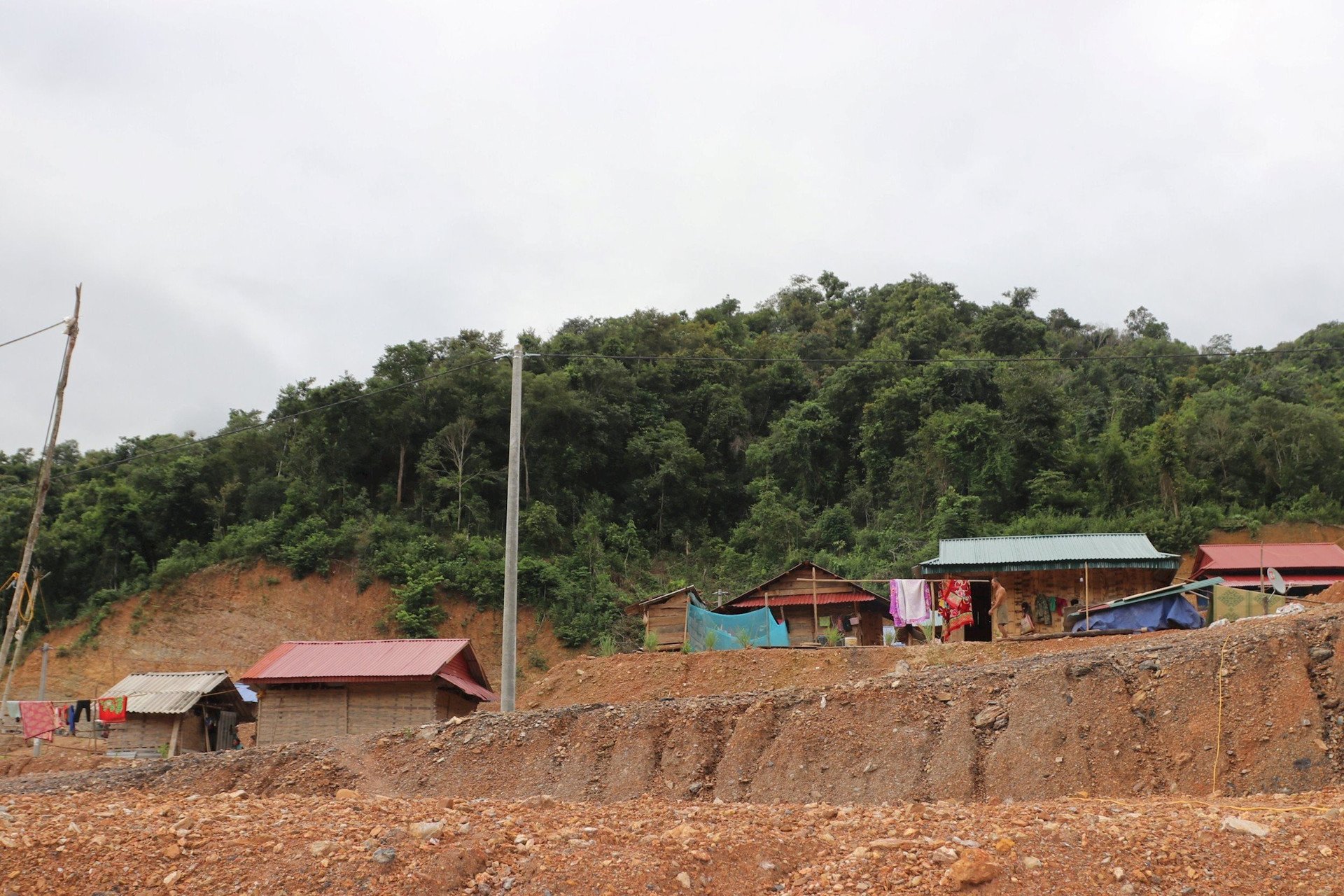
According to the leaders of Dak Nong province, currently, the Sub-projects under the Component Project do not have any documents regulating the content, objects, norms, forms of support, the set of documents has not been issued... under the authority of the Central Ministry and branches. Therefore, there is no legal basis for implementation and disbursement of allocated capital. Moreover, with the characteristics of the Central Highlands provinces in general and Dak Nong province in particular, households with housing difficulties often live directly on agricultural land in fields and plantations, which have not been planned for rural residential areas. With the level of support from the Program, it is also very difficult to resolve land for housing in residential areas according to the planning, leading to difficulties in implementation; therefore, it is recommended that the Ethnic Committee and the Central Ministry and branches have a specific mechanism to implement support for housing built on agricultural land; Project on vocational education development and job creation...
Mr. Tran Viet Truong - Deputy Secretary of the City Party Committee, Chairman of the People's Committee of Can Tho City proposed: In the next phase, the Ethnic Committee should advise the Government to allow localities to implement the Program with local budgets such as Can Tho to expand the implementation area to the entire city so that ethnic minorities living in the area can all benefit. Because there are Projects and Sub-projects in the fields of education, health, vocational training... if only implemented in ethnic minority areas (6 commune-level administrative units such as Can Tho), they cannot be implemented due to the small number of subjects, and at the same time, other localities with subjects in need cannot benefit because they are not located in ethnic minority areas.
Looking at the actual implementation of the program at the grassroots level and through the preliminary summary of 3 years of implementing the Program, the Ethnic Committee has grasped the difficulties and obstacles at the grassroots level. Minister and Chairman Hau A Lenh said: Currently, basically all contents have been completed, the Prime Minister has signed and issued Decree 38 amending Decree 27, creating favorable conditions to adjust and supplement a number of documents guiding the implementation of the Program.
Source


![[Photo] Speeding up construction of Ring Road 3 and Bien Hoa-Vung Tau Expressway](https://vstatic.vietnam.vn/vietnam/resource/IMAGE/2025/3/31/f1431fbe7d604caba041f84a718ccef7)
![[Photo] Prime Minister Pham Minh Chinh receives delegation of leaders of US universities](https://vstatic.vietnam.vn/vietnam/resource/IMAGE/2025/3/31/8be7f6be90624512b385fd1690124eaa)

![[Photo] General Secretary To Lam receives US Ambassador to Vietnam Marc E. Knapper](https://vstatic.vietnam.vn/vietnam/resource/IMAGE/2025/3/31/5ee45ded5fd548a685618a0b67c42970)
![[Photo] 2nd Conference of the Party Executive Committee of Central Party Agencies](https://vstatic.vietnam.vn/vietnam/resource/IMAGE/2025/3/31/8f85b88962b34701ac511682b09b1e0d)

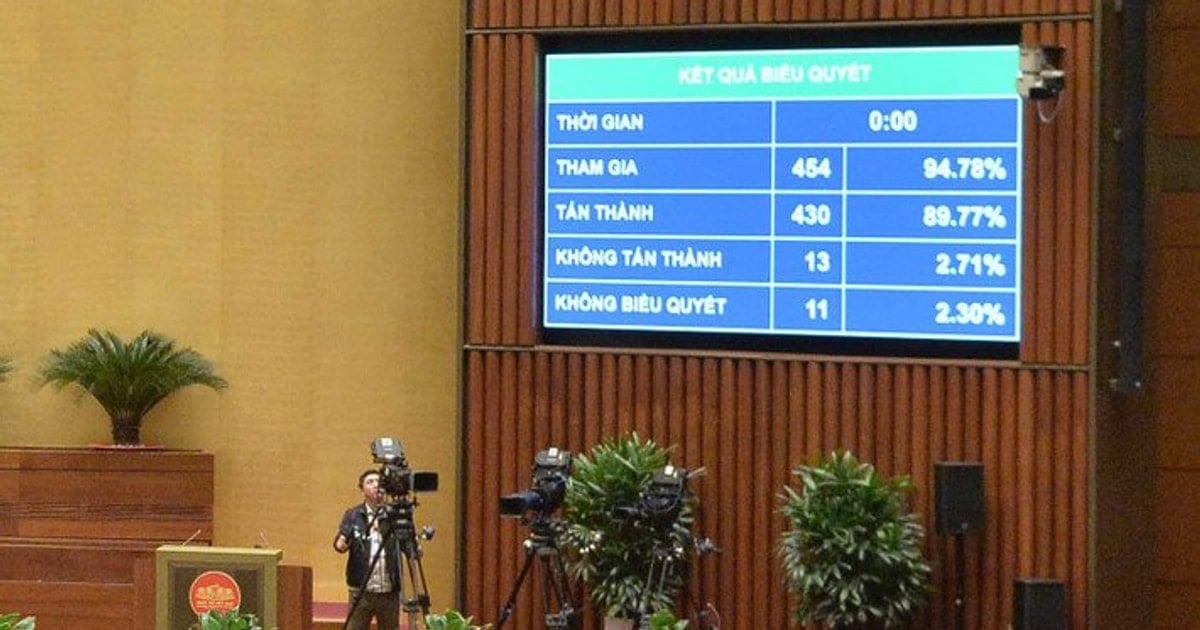



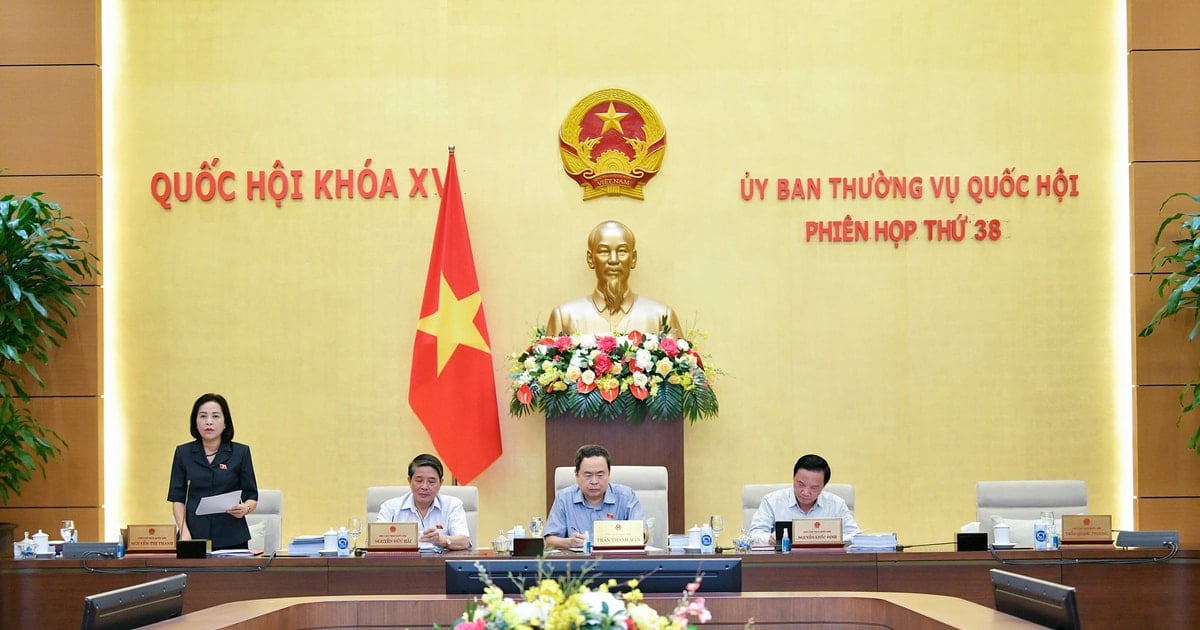
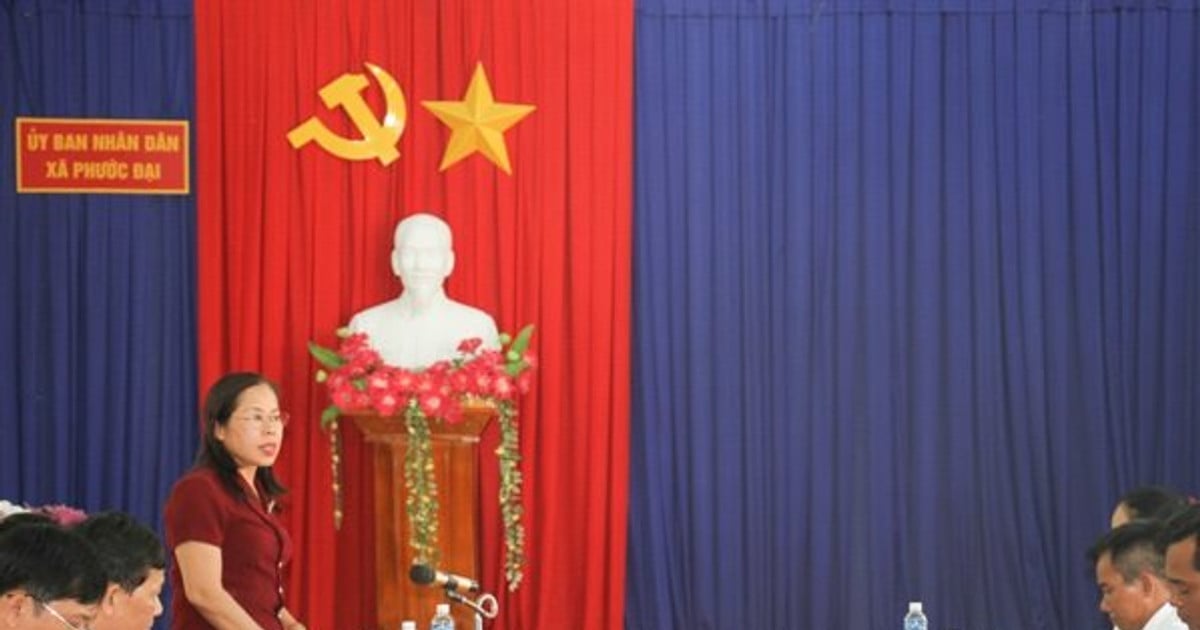




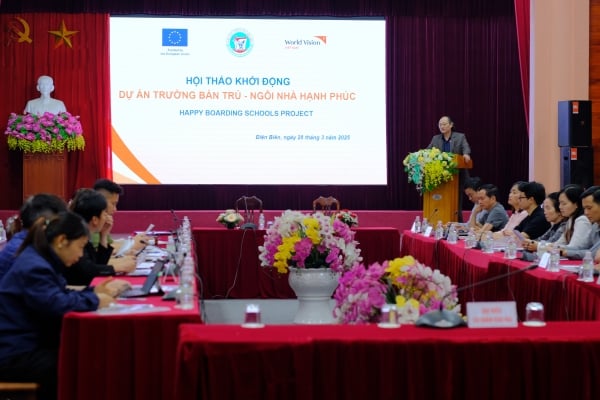
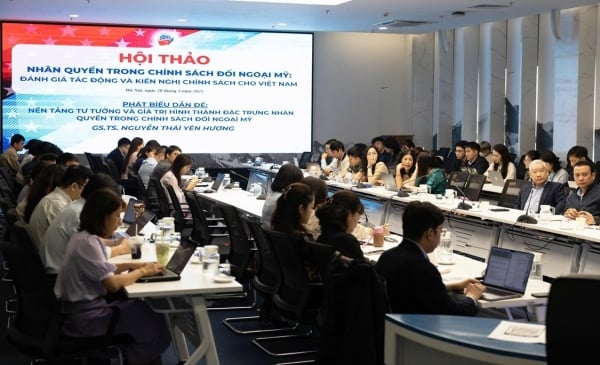











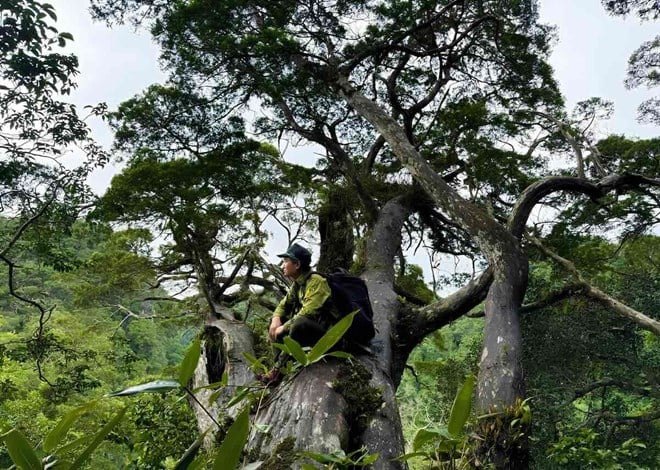











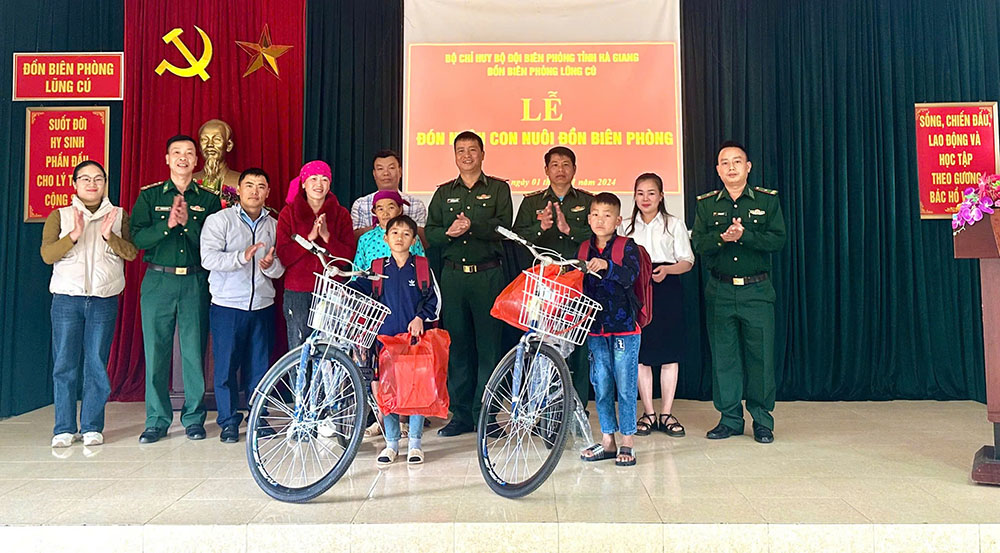

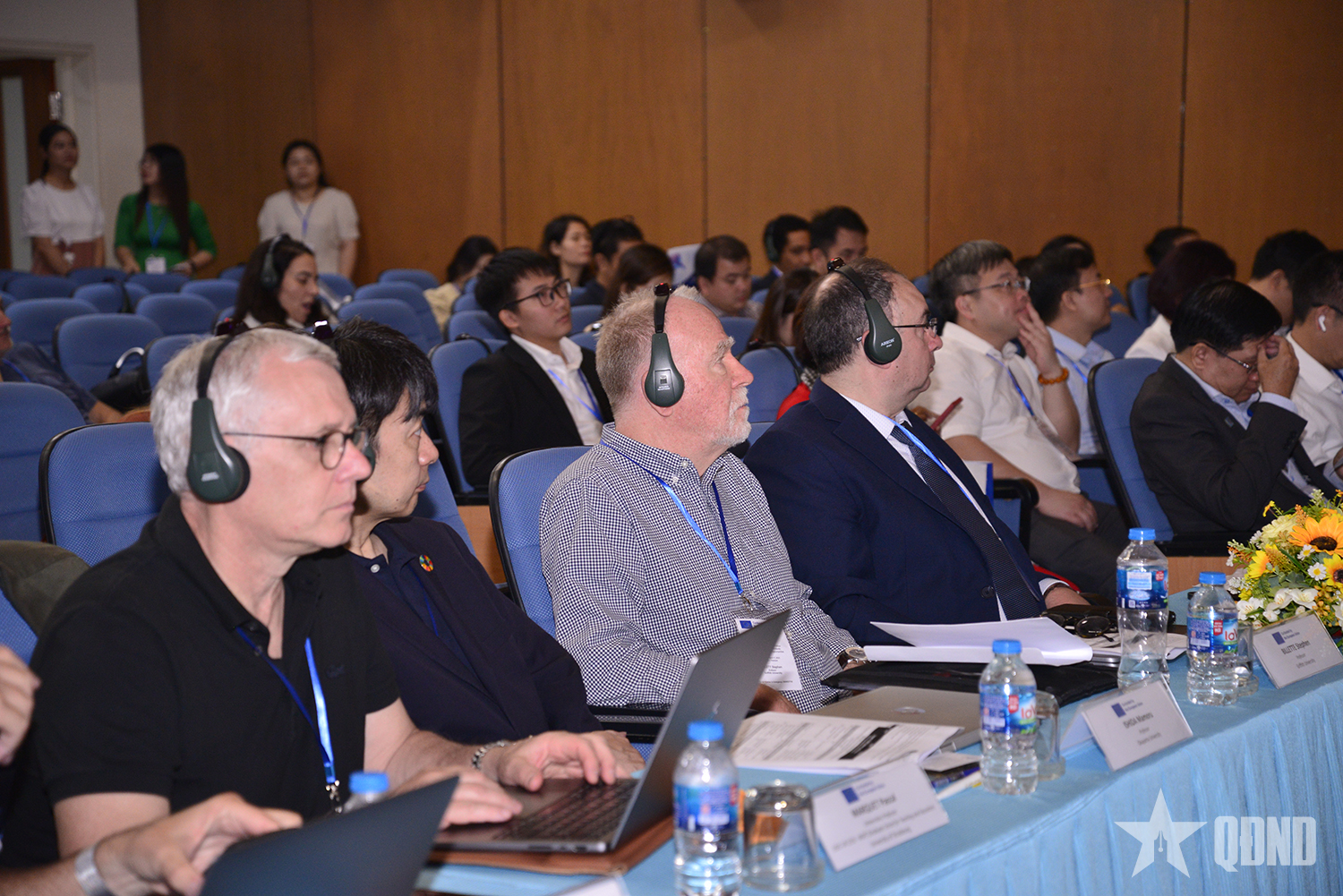

















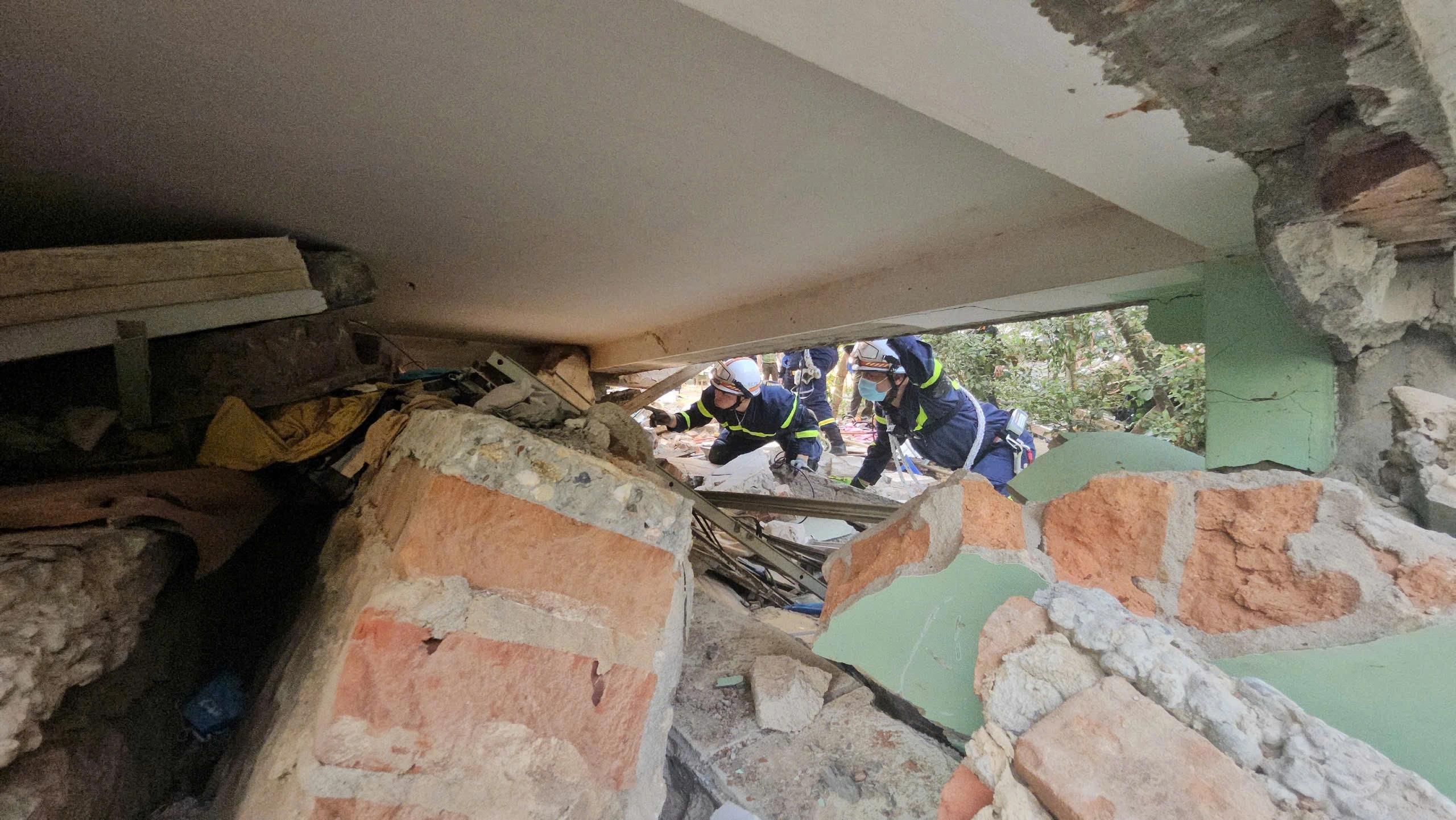








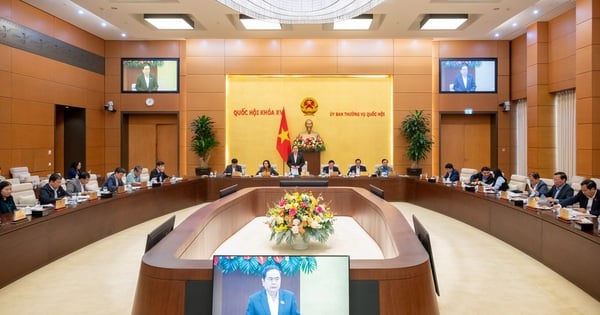



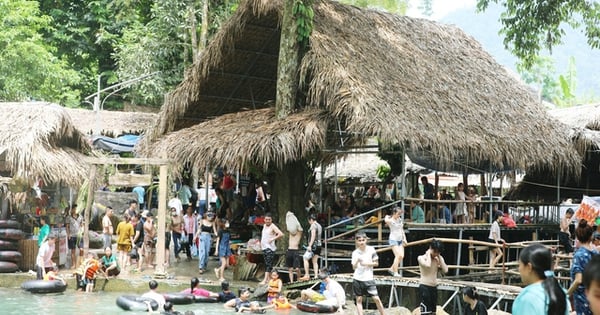




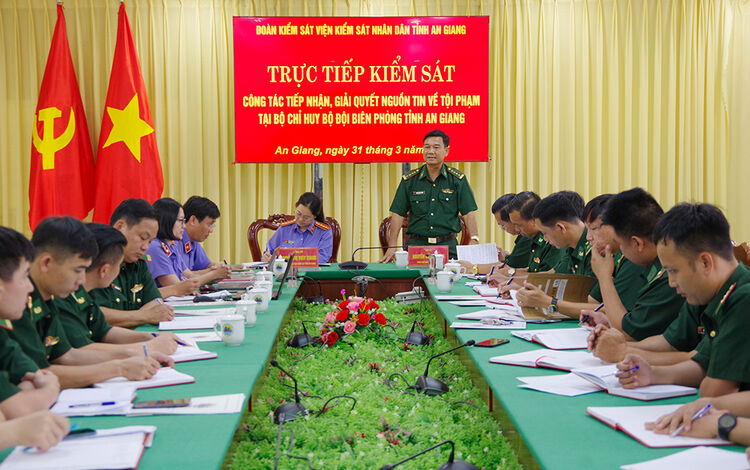
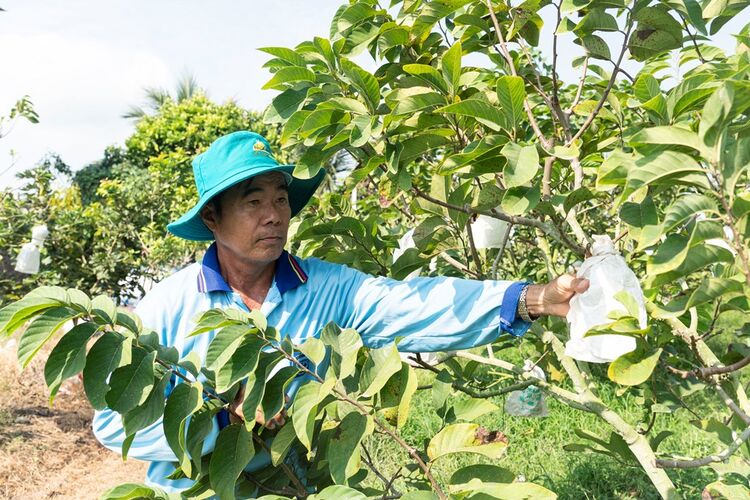




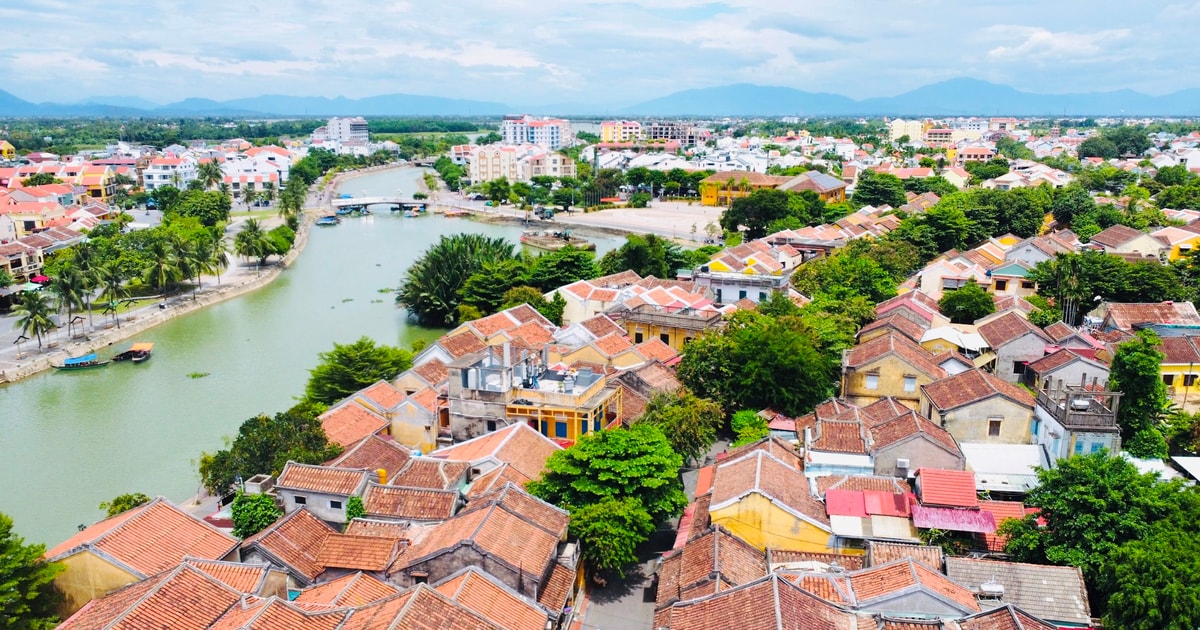











![[REVIEW OCOP] An Lanh Huong Vet Yen Cat](https://vstatic.vietnam.vn/vietnam/resource/IMAGE/2025/3/27/c25032328e9a47be9991d5be7c0cad8c)

Comment (0)